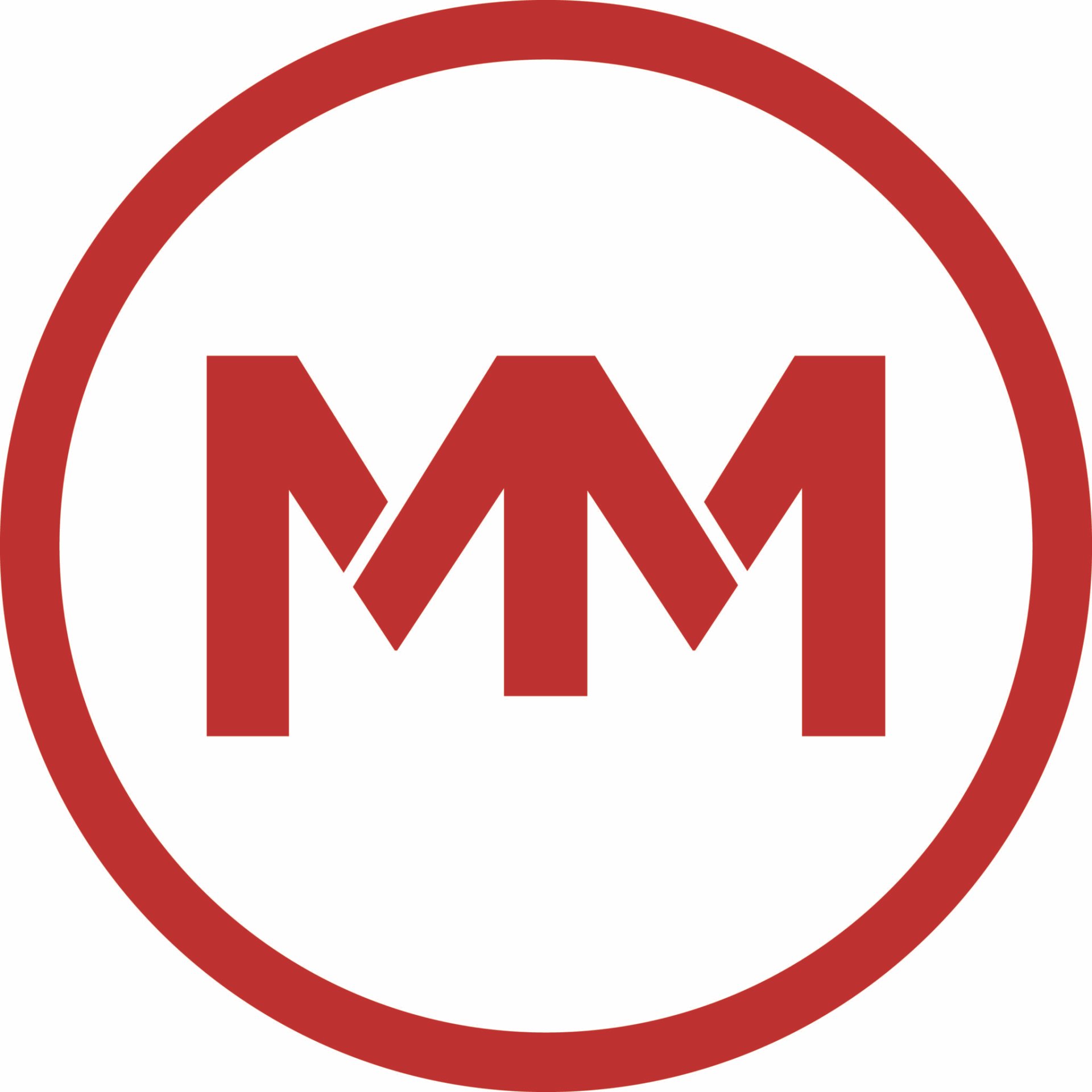What is private mortgage insurance (and how can I avoid it)?
Many homebuyers can’t afford to put 20% down on a home — and that’s okay. But if you’re using a conventional loan and putting down less than 20%, your lender will likely require private mortgage insurance (PMI). While PMI adds to your monthly payment, it also helps you buy a home sooner by lowering the barrier to entry.
Here’s what PMI is, how it works, how much it costs, and how you can avoid or remove it over time.
What Is Private Mortgage Insurance (PMI)?
PMI is a type of insurance that lenders require from borrowers who put down less than 20% on a conventional loan. It protects the lender—not the borrower—in case the borrower defaults on their mortgage. Since loans with lower down payments pose a higher risk for lenders, PMI serves as a safety net to cover potential losses. While PMI does not provide direct benefits to the borrower, it enables them to access homeownership without having to wait years to save a full 20% down payment.
Why Do Lenders Require PMI?
PMI reduces the risk for lenders when offering low-down-payment loans. Without it, lenders might not approve mortgages for buyers who can’t put 20% down. By offering this protection, PMI makes it possible for more buyers to qualify for a mortgage and enter the housing market sooner.
Who Pays for PMI?
PMI is paid by the borrower, even though it protects the lender. It’s important to factor this cost into your overall mortgage payment when estimating how much home you can afford. Understanding where PMI fits into your monthly budget can help you plan with confidence and avoid surprises down the road.
Can you Avoid Paying PMI?
The most straightforward way to avoid PMI on a conventional loan is by making a 20% down payment. But that’s not always realistic, especially for first-time buyers. Some loan types, like VA loans, don’t require PMI but may include a one-time upfront funding fee instead. If you choose a conventional loan with PMI, look for one with cancellable terms so you can remove it once you’ve built enough equity—typically at 20%.

How Much Does PMI Cost?
PMI costs vary based on your loan details and financial profile. Key factors that influence the cost include:
- Loan amount: Larger loans typically result in higher PMI premiums.
- Down payment amount: A higher down payment reduces your loan-to-value ratio, which can lower your PMI.
- Loan-to-value (LTV) ratio: A lower LTV generally means a lower PMI rate.
- Credit score: Borrowers with higher credit scores often qualify for lower PMI premiums.
- Loan term: Shorter loan terms (like 15 years) may come with lower PMI costs compared to longer terms.
- Property type: PMI rates can be higher for condos or multifamily homes compared to single-family homes.
- PMI type: The structure you choose (monthly, upfront, lender-paid, etc.) affects how and when you pay for PMI.
Note: This is not an inclusive list. Additional factors not listed may be considered.
Here’s an Example of a Simple PMI Calculation
PMI is typically calculated as a percentage of your loan amount, often ranging from 0.2% to 2% annually, depending on your credit score, loan size, and down payment.
For example, if your loan amount is $450,000 and your PMI rate is 1%, your annual PMI cost would be:
$450,000 × 1% = $4,500 per year, or $375 per month
Note: Data is hypothetical and for example purposes only. Reach out to a loan officer for your specific situation.
When Can You Remove PMI?
For conventional loans, PMI can be removed once the borrower reaches 20% home equity:
- Automatic Cancellation: PMI is automatically canceled when your loan balance reaches 78% loan-to-value (LTV) based on the original purchase price or appraised value (whichever was lower), as long as you’re current on your mortgage payments.
- Requesting Removal: You can request PMI cancellation once you reach 20% equity, usually by submitting a new appraisal showing your home’s current value.
- Refinancing: If your home has increased in value or you’ve paid down your balance significantly, refinancing into a new loan may allow you to eliminate PMI — especially if your new loan has an LTV of 80% or lower. Just be sure to factor in closing costs to determine whether refinancing makes financial sense.
FHA loans work a little bit differently. FHA loans don’t use PMI — they require Mortgage Insurance Premium (MIP), which follows different rules:
- If you put down less than 10%, MIP typically lasts for the life of the loan.
- If you put down 10% or more, MIP can be removed after 11 years.
- To eliminate MIP sooner, borrowers typically need to refinance into a conventional loan once they have enough equity.
Note: Movement Mortgage is not affiliated, endorsed, or sponsored by the Department of Veterans Affairs or Federal Housing Administration or any other government agency.
Common Misconceptions About PMI
Myth: PMI Automatically Ends at 20% Equity
Fact: PMI is only automatically canceled at 78% LTV. Borrowers must request removal at 20% equity.
Myth: PMI Is Tax-Deductible
Fact: The PMI tax deduction expired at the end of 2021. Check with a tax professional for the latest updates.
Myth: PMI Is Only for First-Time Buyers
Fact: Anyone with a conventional loan and less than 20% down may need PMI, regardless of whether they are a first-time buyer.
Final Thoughts: Managing PMI Costs Wisely
PMI enables buyers to enter the housing market with a lower down payment, but it does add extra costs. Knowing how PMI works, understanding its costs, and planning for removal can save thousands over the life of a loan. If you’re considering homeownership and wondering how PMI might affect your mortgage, speaking with a Movement Mortgage loan officer can help you make the best decision.
Or, if you're ready to get started, you can always apply online now.



